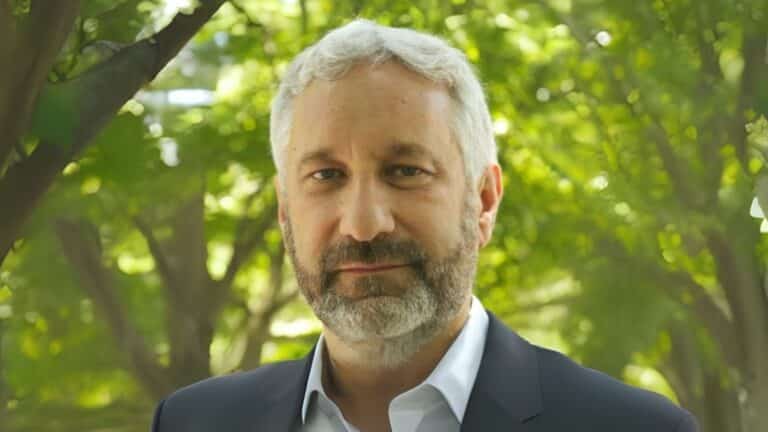‘Toothless’ sanctions
Why the world’s largest waste management company made a $3 billion bet on the US.
Current Access Level “I” – ID Only: CUID holders, alumni, and approved guests only
The past decade has been a turbulent one for the London-based oil and gas major BP, from the serious Deepwater Horizon accident that brought the company to the brink, to navigating its troubled relations with Russia and the oil price collapse of 2014, to charting a path forward – now toward a lower-carbon world to address the challenge of climate change.
In this edition of Columbia Energy Exchange, host Jason Bordoff is joined by BP’s chief executive, Bob Dudley, who has been at the helm of BP for the past decade, and is the first American to head the company. He started his career in the oil and gas industry forty years ago with Amoco Corporation as a chemical engineer. Amoco was then acquired by BP, and Bob took on a number of roles, including working for Lord John Browne, managing BP’s alternative energy business around the time that its Beyond Petroleum Initiative was launched, heading the unique Russian joint oil venture called TNK-BP, and leading American and Asian activities.
Bob is credited for stabilizing, and indeed saving, the company at a pivotal time. Nearly a decade on, BP has emerged as a much stronger company, trying to navigate a rapidly-changing energy landscape, and deal with new pressures, including diversifying into clean energies and figuring out how an oil and gas company responds to climate change.
Bob Dudley steps down as CEO next week, and Jason sat down with him at BP’s London Headquarters to reflect back on his career, and to look ahead on where the company, and the energy industry, may be going.
The Federal Energy Regulatory Commission (FERC) regulates the United States’ energy transmission, pipeline networks, and wholesale rates for electricity. For much of its history, FERC was a little-known...

Around the globe, and here in the United States, energy markets face huge uncertainties. They include everything from rising geopolitical tensions to a wave of new liquefied natural...

Elected officials face huge challenges when it comes to energy policymaking. They have very little time to learn complicated, nuanced issues. They're bombarded by information — some of...

The ten years since the Paris Agreement was signed at the UN Climate Change Conference, COP 21, have been the ten hottest years on record. And the outcome...

Last month, the Trump administration imposed fresh sanctions on Russia’s two largest oil companies, Rosneft and Lukoil, signaling a renewed desire to drive Moscow to the negotiating table in its war against Ukraine. But although these measures have the potential to harm the Russian economy, just how much damage they inflict will depend largely on one actor: Beijing. China bought almost half the oil Russia exported in 2024, evading Washington’s existing restrictions in the process. And new sanctions alone will do little to push China into significantly reducing its purchases.


Connecticut needs an honest debate, and fresh thinking, to shape a climate strategy fit for today, not 2022.

President Donald Trump’s impulsive, go-it-alone approach is uniquely ill-suited to the long-term and cross-cutting nature of the challenge that China poses.
